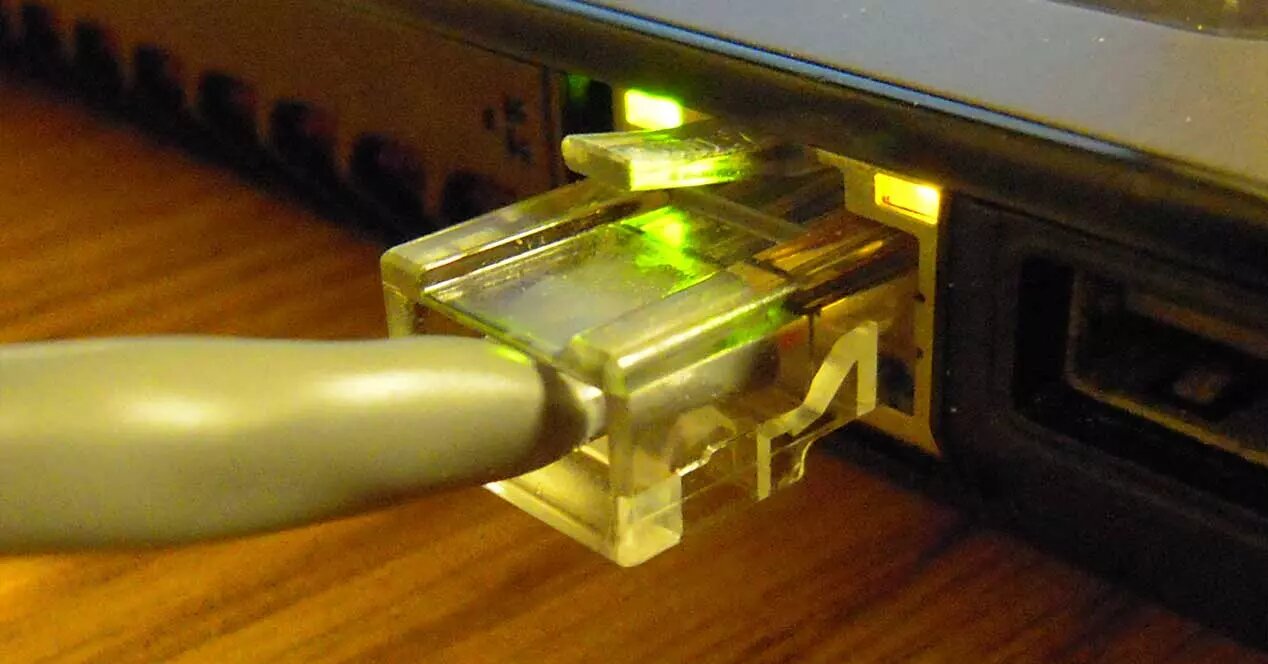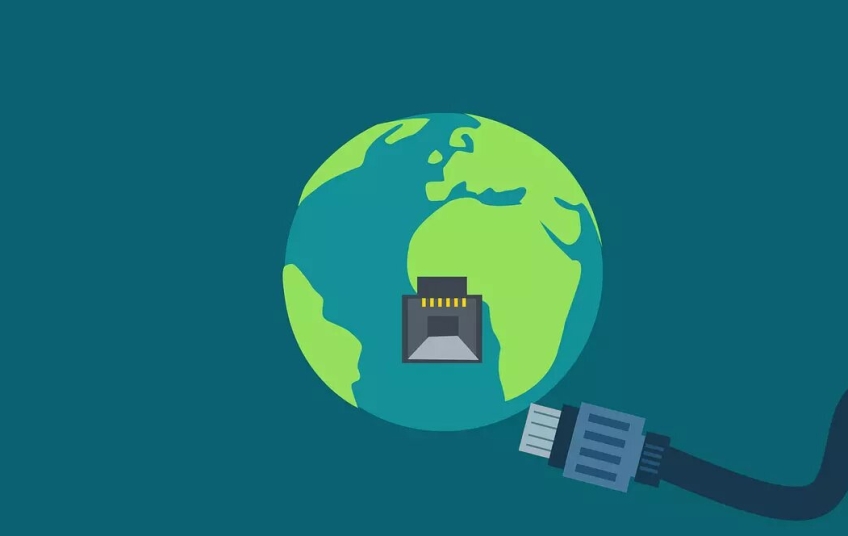If you have recently bought a laptop or plan to do so, you may have noticed one detail: it does not have an Ethernet port. That means that you will not be able to connect it by cable to the Internet, at least as serial. Why is this happening? Are Ethernet ports on laptops going away? In this article we talk about why we have reached this situation, when until recently it was unthinkable for a computer to not have this type of port.
Laptops don't usually have Ethernet anymore
The main reason why laptops have fewer and fewer Ethernet ports is Wi-Fi. Without a doubt, wireless connections have improved remarkably in recent years. We have better coverage, more speed and above all more compatible devices and in this way we can avoid using cables.
But is it really worth removing an Ethernet port from laptops? Manufacturers adapt to what users are really going to use. Although there is a percentage of people who are going to connect their computer via network cable, the truth is that most connect it via Wi-Fi. That means they can use this growing trend to save both money by making laptops, as well as space by making devices smaller and lighter.
Especially if you buy a small laptop, such as 13 or 14 inches, it is more common for them to come without Ethernet ports. You will find HDMI ports, classic USB and also type C and even lately not even the 3.5 port for headphones. Making laptops more compact and economical is the objective and doing without being able to connect via a network cable is no longer such a problem.
But of course, this for some users is a problem. Many work connected by cable, for example if they have an installation at home and are going to connect in an area where the wireless network does not reach or reaches very weak. In those cases, all is not lost, since you can connect a computer by cable without an Ethernet port.

In the future they will end up disappearing
What will be the trend in the coming years? If we look at how Wi-Fi is improving with the latest protocols in both speed and security, everything suggests that it will be used more and more. That, together with the fact that we have more and more interconnected devices, makes dispensing with the cable the most common thing.
But we can not only apply this to the issue of Internet connections, but also to device chargers of all kinds. Wireless is going to gain weight in every way. We will have fewer and fewer cables in our homes. And yes, in the future it will be rare to see a laptop that has an available Ethernet port.
This can also bring problems, since there will always be users who prefer to connect by cable or do not want to adapt their network to have coverage throughout the home. However, there will always be options to include an external Ethernet port via USB, for example.





